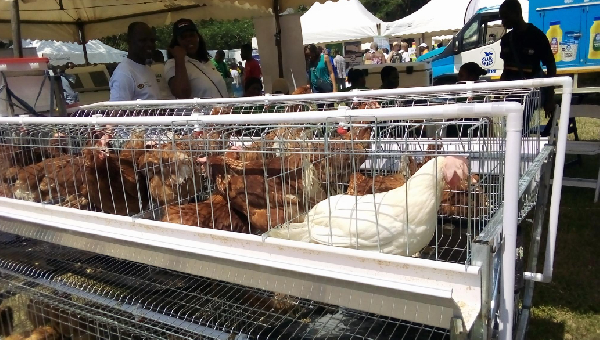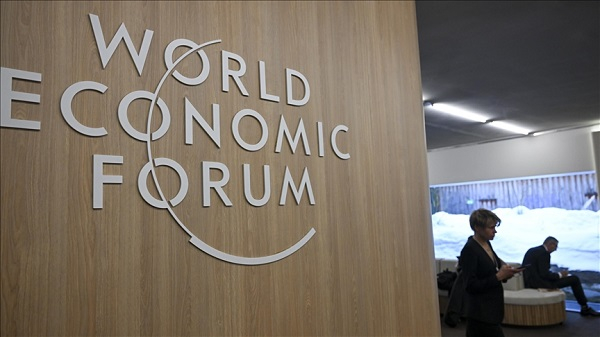Ghana Kicks Off ‘Nkoko Nkitinkiti’ Poultry Project to Boost Local Production and Slash Imports

The Ghanaian government has officially begun the procurement process for birds and battery cages, marking the initial phase of its ambitious ‘Nkoko Nkitinkiti’ poultry production initiative. This was announced by the Minister of Food and Agriculture, Mr. Eric Opoku, on Saturday.
The Minister revealed plans for an official launch of the program within the next two to three months, with a pilot project expected to commence in the coming weeks. Mr. Opoku shared these details at the inaugural AgriFair, organized by Citi FM and Channel One Television in Accra.
The ‘Nkoko Nkitinkiti’ project is a key government initiative designed to revitalize Ghana’s poultry industry and significantly reduce the nation’s heavy reliance on imported chicken. With an estimated $300 million spent annually on chicken imports, the program aims to empower 55,000 households to produce eggs and poultry, thereby creating jobs and bolstering national food security. The long-term goal is to considerably cut down the country’s import bill.
“We are in the process of procuring the birds and also the battery cages for distribution to the various farmers or households,” Mr. Opoku stated, emphasizing that the project would soon be underway. He added, “But before then, while we are on the process of procuring, we are also looking at piloting something small to see what will happen when we scale it up throughout the country.”
In addition to household empowerment, the Minister indicated that the government has identified about 50 commercial-scale poultry farmers with the capacity to manage approximately 80,000 birds each. With targeted financial support, these larger farmers could collectively produce an estimated four million chickens at a time for the Ghanaian market, aiming for near chicken self-sufficiency and a substantial reduction in import costs.
“That alone can push Ghana’s capacity to above 80 per cent, and that will be gradually inching to the sufficiency level,” he projected.
Mr. Opoku addressed calls for an immediate ban on chicken imports, explaining that such a decision would be detrimental given the current consumption rate of over 400,000 metric tonnes annually, compared to a mere 15,000 tonnes of local production.
“How do you place a ban on the importation of poultry products?” he questioned. “We are now working to increase poultry production. If we are able to increase our production level to, let’s say 80 per cent, then we can place a ban to protect local producers. So, the first thing we have to do is to put in place mechanisms to increase production and productivity.”
Call for Local Patronage
The Minister also voiced concern over Ghanaians’ preference for foreign goods, urging them to support local producers by prioritizing made-in-Ghana products. He stressed that every expenditure on Ghanaian-made goods contributes directly to creating job opportunities within the country, rather than elsewhere.
The three-day AgriFair, which began on Friday, served as a crucial platform, bringing together farmers, agribusiness professionals, students, and policymakers. The event showcased a diverse range of food items, including yam, plantain, cassava, fresh tomatoes, cabbage, lettuce, chicken, and freshwater fish, alongside processed foods like groundnut and tomato paste. A key feature was the “Agric Clinic,” offering expert consultations, tailored agribusiness advice, and technical support to enhance productivity, scale operations, and promote sustainable practices.
Source: http://thepressradio.com





